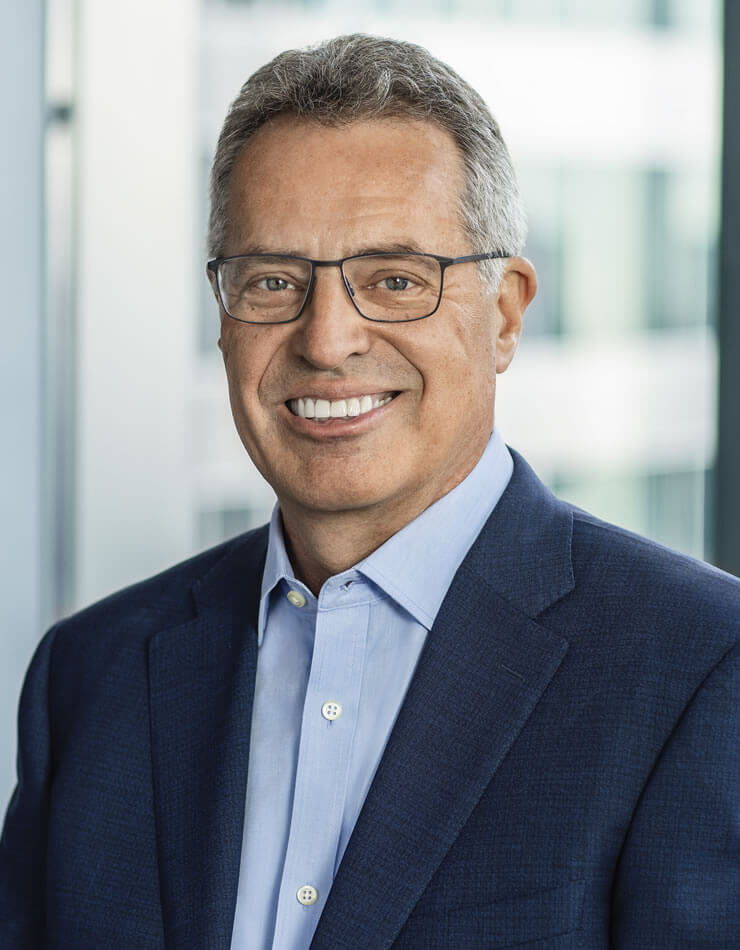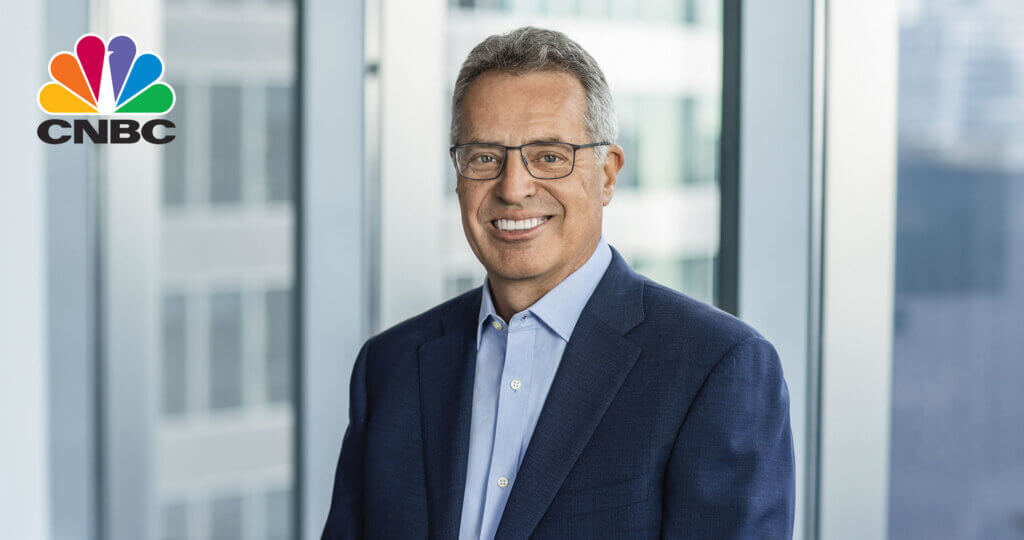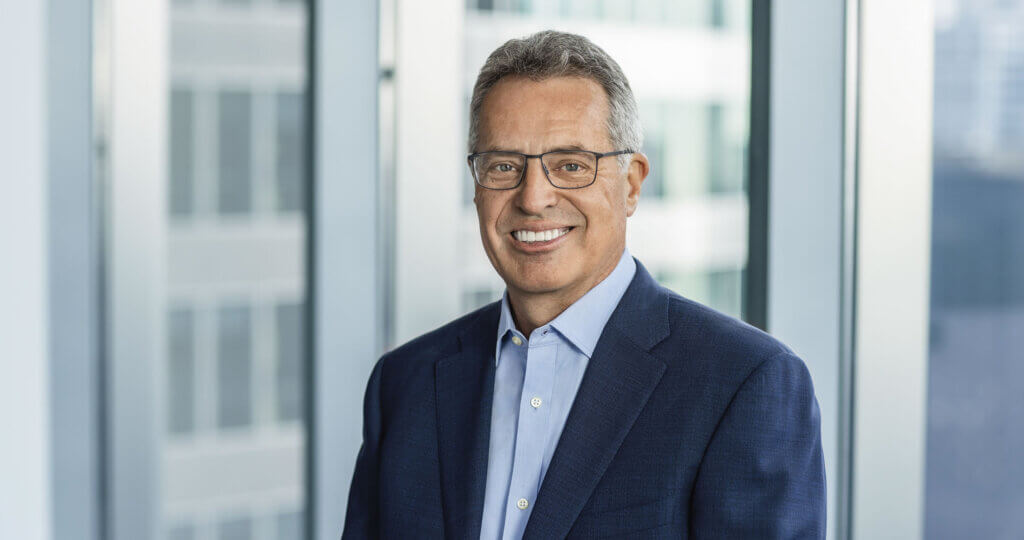An expert is one who knows more and more about less and less until he knows everything about nothing.
-William Mayo, a founder of Mayo Clinic
We all know the story of Tiger Woods learning to imitate his father’s golf swing at just six months old. So last month, when Gary Woodland won the U.S. Open, it was a victory for all the late bloomers who played many sports while growing up. In high school, Woodland played shortstop on a championship baseball team and he was a Division II college basketball player. In “How Basketball and Baseball Helped Gary Woodland Master Golf,”1 The New York Times reported, “a funny thing happened to Woodland as he was supposedly wasting his time on other sports instead of focusing all of his attention on golf. He learned many transferable skills and life lessons that made him a better player and, he believes, a more grounded and well-rounded person,” and, “Being at the plate or free-throw line with the game on the line taught Woodland how to embrace the pressure and discomfort instead of succumbing to it.” I can almost hear the sighs of relief from parents who’ve been told that their multi-sport children have already fallen too far behind to excel at a specific sport.
At Oakmark, we are long-term investors. We attempt to identify growing businesses that are managed to benefit their shareholders. We will purchase stock in those businesses only when priced substantially below our estimate of intrinsic value. After purchase, we patiently wait for the gap between stock price and intrinsic value to close.
Like Woodland who benefitted from being a generalist in sports, we at Oakmark benefit from having investment analysts who are generalists. Although investment firms generally assign their analysts to specialize in just one industry, we believe that analysts who examine a wide breadth of companies provide far more value to the investment process than those who focus on one narrow industry.
When analysts come to work at Oakmark, we have already confirmed that they share our long-term value investment philosophy. If they don’t, they don’t survive the interview process. From day one, they can look within any industry for businesses that are undervalued, growing and run for the benefit of shareholders. We believe that level of freedom allows us to attract and retain more talent, speeds development, improves research department flexibility, and most importantly, results in the robust debate our process requires. Because our analysts look for the most compelling values wherever they may lie, it is quite common that multiple analysts will follow stocks in the same industry. This enables each analyst to provide critical feedback about the others’ investment ideas. For example, consider what happens when an Oakmark analyst presents a new bank stock. Because most of our team members either cover one of our bank holdings or have considered recommending one we don’t own, they can each contribute to a debate of the new idea’s investment merit.
In the book Range: Why Generalists Triumph in a Specialist World2, author David Epstein argues that many fields have gone so overboard with specialization that generalists are now the more valuable problem solvers. Epstein states that “highly credentialed experts can become so narrow-minded that they actually get worse with experience, even while becoming more confident—a dangerous combination.” Through numerous examples, Epstein differentiates between “kind” and “wicked” environments. He says a “kind” learning environment is defined by psychologist Robin Hogarth as one where “patterns repeat over and over, and feedback is extremely accurate and usually very rapid.” Specialists can thrive in “kind” environments. As a simplistic example, learning to play tic-tac-toe is the epitome of a kind environment: The rules are fixed, patterns repeat and feedback is both accurate and rapid. Without study, simple repetition quickly produces an unbeatable player who could tie for World Champion.
Unfortunately, most of life occurs in less kind learning environments. Hogarth calls the opposite of a kind environment “wicked.” As Epstein relays, “In wicked domains the rules of the game are often unclear or incomplete, there may or may not be repetitive patterns and they may not be obvious, and feedback is often delayed, inaccurate, or both.” On the continuum between kind and wicked environments, investing seems to be much closer to the wicked end.
We can cite business conditions that often lead to successful investments, but we can also show examples when those same conditions led to failures. Bad news for a company typically pushes its stock price down, but sometimes, when the news has already been thoroughly discounted, the announcement can actually make the stock price go up. We can buy a stock that looks unbelievably cheap and then the stock price drops even lower. Investors with less patience or conviction will often give up before the pendulum swings and the positive results begin.
Our own value approach, which has been successful over the long run, can still go through difficult periods, like today, when our five-year trailing performance lags behind the market averages. Though we’ve been through these periods before and have seen the rebound that often follows, we also know that “past performance is no guarantee of future results.” Becoming successful at investing has very little in common with becoming successful at tic-tac-toe. The learning environments are about as different as they could be.
To demonstrate the value of generalist thinking in wicked environments, Epstein cites the story of a chemist at Eli Lilly who posted some questions online that had baffled Lilly’s chemists. Relatively quickly, solutions came rolling in—most from individuals who worked in unrelated fields. The project was so successful that it was spun off into a separate company, InnoCentive, which enables experts in any field to post complex problems online and provide rewards for anyone who can solve them. A little more than one-third of the posted problems have been completely solved—an impressive statistic, considering teams of specialists had been stumped! According to Epstein, InnoCentive also discovered that the broader the backgrounds are for those who try to solve the problems, the more likely it is that the problems are answered.
Investing involves a search for solutions to complex problems—a “wicked” environment not well suited to extreme specialization—yet in a typical investment firm, one analyst will be responsible for one industry. Let’s say an investment firm has an analyst assigned to the chemical industry. That individual will know a tremendous amount of detail about a dozen chemical companies. Rank ordering those 12 companies based on business quality is that individual’s forte. Knowing the expected news flow of the next six months is also an important part of that job. But this individual is focused only on chemical companies. A question such as “Is DuPont a better business than credit card issuer Capital One?” would probably be met with a blank stare. The more important question, “Which is likely to be the better long-term investment?” is one an industry specialist is not trained to answer.
At Oakmark, we believe it is easier for our generalists to acquire specialist-level knowledge than it is for a specialist to learn how to place that knowledge into a useful context. When our generalists need deeper knowledge in a specific industry, they will search for relevant articles, listen to podcasts, talk with experienced management teams, consult with experts in the field and interview the industry specialists at brokerage firms. Compared to my early career, the internet has made it much easier to access specialist knowledge. However, knowing what to do with all of that information—which is the domain of the generalist—remains as difficult now as it was then.
Having generalists also makes Oakmark a more flexible company that can question its own assumptions. When we believe that a stock we own would benefit from a fresh look, our director of research will assign it to a different analyst. Because our analysts have all studied companies from many different industries, this is nothing out of the ordinary for them—and a fresh set of eyes often produces a valuable new perspective. Imagine how different that would be if you asked the analyst who has spent a career following 12 chemical companies to suddenly pick up coverage of, say, computer giant IBM. It simply wouldn’t work. In addition, our “devil’s advocate” process relies on generalists. Each of our analysts thinks about every stock we own. If they disagree with a holding, they present the sell case on a stock someone else covers. At specialist firms, the auto analyst isn’t thinking about—and might not even be aware of—the firm’s cable TV position. Presenting the case against it would be nearly impossible.
A final advantage of the generalist model is that it provides analysts with better training for becoming portfolio managers. All of Oakmark’s current portfolio managers previously worked as generalist analysts. If industry specialists want to become portfolio managers, it is an open question as to how adept they will be at making cross-industry comparisons. Yet every day, a portfolio manager has to make judgments like whether Alphabet is more attractive than Ford or whether Citigroup is a better investment than Merck. Our analysts constantly make those judgments as they decide which companies to recommend for purchase. For a specialist, that’s a brand new way of thinking.
For every prodigy like Tiger Woods there’s a Gary Woodland whose skills were honed from generalist experience. So if your child enjoys playing soccer, baseball and basketball, but the baseball coach says it’s time to drop the others, you probably won’t ruin your child’s life by ignoring that advice. And as you think beyond sports, remember Epstein’s conclusion that the more uncertain the environment, the more likely it is that a generalist will have greater success than a specialist. We believe Oakmark’s track record shows that our shareholders benefit from the broad perspective of our analysts. I believe our work environment also benefits: Woodland credited the breadth of his background for making him more coachable, grounded and well rounded. Those same traits in our analysts make Oakmark a better place to work.
The securities mentioned above comprise the following percentages of the Oakmark Fund’s total net assets as of 06/30/19: Alphabet 3.4%, Capital One 2.9%, Citigroup 3.4%, DuPont 0%, Eli Lilly 0%, Ford 0%, IBM 0%, InnoCentive 0% and Merck 0%.
The securities mentioned above comprise the following percentages of the Oakmark Select Fund’s total net assets as of 06/30/19: Alphabet 9.2%, Capital One 4.3%, Citigroup 7.1%, DuPont 0%, Eli Lilly 0%, Ford 0%, IBM 0%, InnoCentive 0% and Merck 0%.
The securities mentioned above comprise the following percentages of the Oakmark Global Select Fund’s total net assets as of 06/30/19: Alphabet 9.0%, Capital One 0%, Citigroup 5.5%, DuPont 0%, Eli Lilly 0%, Ford 0%, IBM 0%, InnoCentive 0% and Merck 0%.
Portfolio holdings are subject to change without notice and are not intended as recommendations of individual stocks.
Access the full list of holdings for the Oakmark Fund as of the most recent quarter-end.
Access the full list of holdings for the Oakmark Select Fund as of the most recent quarter-end.
Access the full list of holdings for the Oakmark Global Select Fund as of the most recent quarter-end.
1Crouse, Karen. “How Basketball and Baseball Helped Gary Woodland Master Golf.” New York Times, June 17, 2019
2Epstein, David. “Range: Why Generalists Triumph in a Specialist World.” May 28, 2019
The Oakmark Fund’s portfolio tends to be invested in a relatively small number of stocks. As a result, the appreciation or depreciation of any one security held by the Fund will have a greater impact on the Fund’s net asset value than it would if the Fund invested in a larger number of securities. Although that strategy has the potential to generate attractive returns over time, it also increases the Fund’s volatility.
Oakmark Select Fund: The stocks of medium-sized companies tend to be more volatile than those of large companies and have underperformed the stocks of small and large companies during some periods.
Because the Oakmark Select and Oakmark Global Select Funds are non-diversified, the performance of each holding will have a greater impact on the Funds total return, and may make the Funds returns more volatile than a more diversified fund.
The discussion of the Funds’ investments and investment strategy (including current investment themes, the portfolio managers’ research and investment process, and portfolio characteristics) represents the Funds’ investments and the views of the portfolio managers and Harris Associates L.P., the Funds’ investment adviser, at the time of this letter, and are subject to change without notice.
All information provided is as of 06/30/2019 unless otherwise specified.





